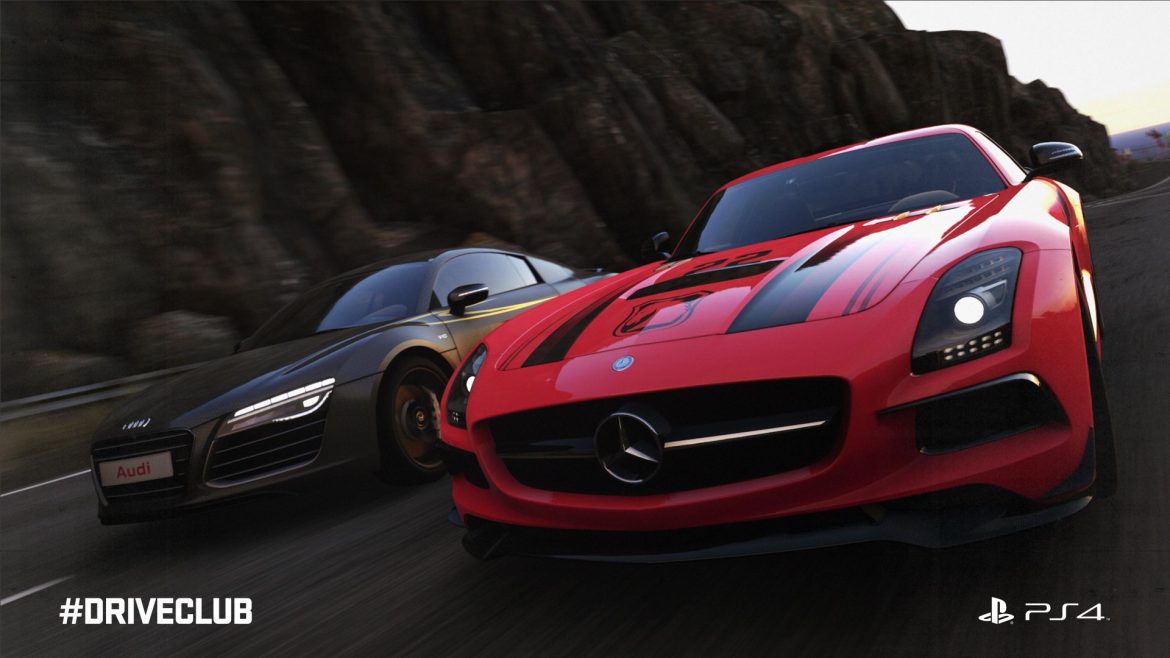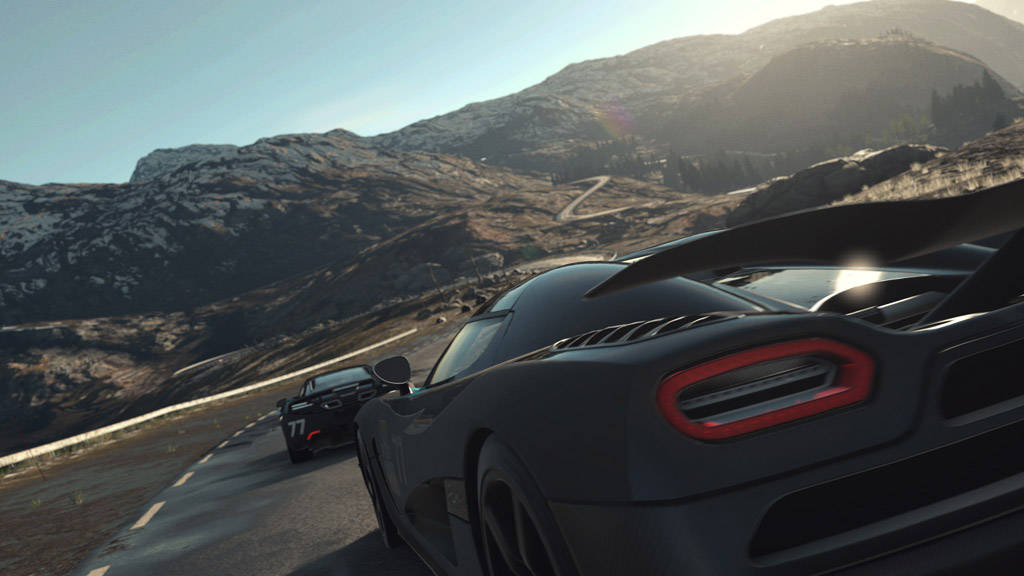TL;DR
Driveclub promised a next-gen connected racing experience but ultimately falls flat due to persistent server issues that cripple its social features. While the driving mechanics are competent and car models are detailed, the gameplay feels overly restrained and lacks the fun and freedom found in rivals like Forza Horizon 2. Gloomy environments and a disappointing soundtrack further detract from the package. Despite Evolution Studios' pedigree, Driveclub feels more like a dated arcade racer than a truly innovative title. Is it worth your time despite the technical woes and lack of soul? Read on to find out.
The highly anticipated and heavily delayed PS4 racing title, Driveclub, has finally arrived. The question is: does it live up to the hype and justify the extended wait?
Evolution Studios previously impressed audiences with the highly entertaining Motorstorm early in the PlayStation 3’s lifecycle. Motorstorm delivered a wild, unrestrained experience, characterized by its distinct style and engaging gameplay centered around racing and performing outlandish stunts. Considering this pedigree, it’s noteworthy how restrained and conventional Driveclub is as a car game. The playfulness, freedom, and over-the-top stunts are largely absent, leaving a competent, yet somewhat sterile, arcade-racing simulator.
Comparisons between Driveclub and its competitor on Microsoft’s Xbox One, Forza Horizon 2, are inevitable. While Turn 10, the Forza creators, may have drawn inspiration from Motorstorm in the past, it can now be argued that Driveclub has adopted elements from the Forza formula. The core system is remarkably similar: players participate in races, accumulating experience points (XP) to level up and unlock new cars and tracks. A key differentiator in Driveclub lies in the star system, where players can earn stars on each track by meeting specific objectives, such as achieving a target time, securing a top-3 finish, or maintaining a certain average speed.
Driveclub’s primary unique selling proposition (USP) centered on social interaction, emphasizing club membership and competition. Ironically, while criticizing this modern emphasis on social networking, connectivity, and servers, it’s important to acknowledge the challenges of requiring constant connectivity in 2014, where the technology can prove unreliable. Despite issues faced by Blizzard with Diablo III and Bungie with Destiny, Evolution’s server issues have been particularly disruptive. Since its release, consistent server uptime has been infrequent, often rendering the social features unusable due to connectivity problems. Driveclub‘s ambition of ubiquitous connectivity has been hampered by these persistent issues, even after a significant delay. Almost two weeks post-launch, a substantial portion of the game’s core selling point remains non-functional. Evolution has issued numerous apologies, acknowledging the technological malfunctions, but the problems remain largely unresolved. This situation has also delayed the release of a promised free, albeit stripped-down, version of the game intended to attract PS4 owners to the club system, potentially leading them to purchase the full game. The future of this free version remains uncertain.
From a technical perspective, Driveclub is competent, but not exceptional. The graphics, a key point of marketing emphasis, present a mixed bag. The car models boast exceptional detail, including impressive reflections and high resolution. The sun effects also deliver a striking visual impact. However, the environments tend to be gloomy, with a predominantly gray-green palette that can feel somewhat monotonous. They evoke a sense of familiarity with the mountains and forests of older titles such as Lotus Esprit Turbo Challenge. Surprisingly, the game doesn’t fully leverage the PS4’s capabilities for weather effects and headlight illumination, often requiring players to strain their eyes in dark areas, such as those found in the Norway tracks where rain clouds obscure the sun. Given that Driveclub leans more towards arcade-style gameplay than simulation, the lack of vibrant colors and more extravagant environments is a missed opportunity. By contrast, Forza Horizon 2’s depiction of southern Europe is visually stunning. A greater emphasis on tracks set in urban environments and a reduction in the number of mountain tracks in locations like Canada and Norway might have been beneficial.
The sound design is adequate, but unremarkable. The car sounds, including engine noises and tire skids, are well-sampled and appropriately convey the driving experience. However, the soundtrack is disappointing, featuring repetitive sequencer-synth music reminiscent of obscure radio tracks from the 90s. The lack of variation and the absence of radio channels detract from the overall audio experience.
Evolution has successfully delivered a solid driving feel. The vehicles in Driveclub are responsive and handle well with the Dual Shock 4 controller. However, the clarity of the map and flag markers could be improved, particularly in darker environments, where approaching 90-degree turns can be difficult to anticipate at high speeds. Driveclub encourages precise and clean driving; creative shortcuts and off-track excursions are penalized, as are collisions, even when not initiated by the player. While this design choice may appeal to some, it diminishes the sense of playfulness in a game that doesn’t heavily emphasize simulation. Unlike Forza, Driveclub offers limited tuning and customization options. The serious tone might not be ideal for all players.
Overall, Driveclub, unfortunately, falls short of expectations. Even considering the server issues, the game feels stylistically dated. It comes across as restrictive and somewhat rigid, lacking the driving pleasure and freedom expected from a next-generation title. The ability to explore, have fun, and simply enjoy driving is often missing. The focus is heavily on races and perfectly executed turns. Driveclub offers a decent driving experience, but it lacks the addictive quality that encourages players to engage in “just-one-more-race.” While it’s a reasonable choice for those seeking a stylish arcade racing game on the PS4, it doesn’t quite reach the level of the best car games currently available. With future patches and new game modes, Driveclub may yet realize its full potential. As it stands, it’s a serviceable racer that provides temporary entertainment but ultimately feels somewhat empty and impersonal, failing to introduce significant innovation to the genre.


